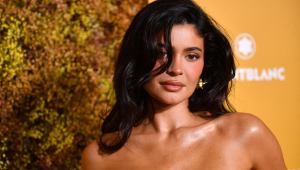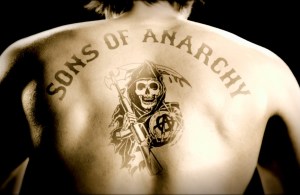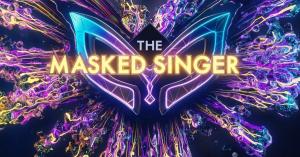Jordan Peele’s new horror film Us is drawing backlash after some claimed it demonized people with disabilities.
The film, debuting just two years after Peele’s Oscar-winning horror film Get Out, follows a family after four masked strangers descend upon their home with the intent to murder them, forcing them to fight for survival. While the story alone is scary enough to give viewers nightmares, it was Lupita Nyong’o’s voice in the role of Adelaide Wilson’s doppelgänger that caught attention and drew backlash.
Videos by PopCulture.com
Speaking to Variety following the films premiere, Nyong’o explained that she drew inspiration for the “creepy voice” from Robert F. Kennedy Jr.’s “scratchy” voice, which is a result of spasmodic dysphonia, a condition in which “involuntary spasms in the tiny muscles of the larynx cause the voice to break up, or sound strained, tight, strangled, breathy, or whispery.”
“I was inspired by the condition spasmodic dysphonia,” Nyong’o said. “It creates this spasming in your vocal chords that leads to an irregular flow of air.”
The revelation that the film had drawn upon a disability in order to up the creep factor and depict a character as evil immediately sparked backlash among those with disabilities and their allies.
“I am greatly concerned that our condition has been demonized,” one person wrote in response. “Now in the public eye, we are ‘creepy’ sound like we have ‘swallowed a cheese grater.’ Our voice is that of a monster. I believe this mocks our disability, should be strongly condemned.”
“It was very distressing to hear that Spasmodic Dysphonia was the ‘inspiration’ for the ‘creepy’ voice in the movie, Us. People suffer daily with this condition. Would you EVER take any other disability and say you based an evil character on it ???” another questioned.
“To portray someone as evil/creepy because of their disability does individuals with voice disorders a huge disservice in fighting the stigma that comes with having a different voice,” another wrote.
Addressing the film’s portrayal of disabilities, the National Spasmodic Dysphonia Association (NSDA) wrote that “this disorder does not end when the movie is over.”
“What is difficult for us, and for the thousands of people living with spasmodic dysphonia, is this association to their voice with what might be considered haunting, wilted or a result of emotional trauma especially since spasmodic dysphonia is a neurological disorder,” their statement read. “We applaud the work of Ms. Nyong’o and this opportunity to educate about this rare voice condition, but for the Spasmodic Dysphonia community, this disorder does not end when the movie is over.”
Neither Peele nor Nyong’o, or any other stars of the film, have responded to the backlash.
Most Viewed
-

US television personality Kylie Jenner arrives for the Wall Street Journal Magazine 2023 Innovator Awards at the Museum of Modern Art in New York City on November 1, 2023. The annual awards, now in their 12th year, recognize talents from a range of disciplines, including fashion, art, literature, entertainment, architecture, design, technology, and philanthropy. (Photo by Andrea RENAULT / AFP) (Photo by ANDREA RENAULT/AFP via Getty Images)







